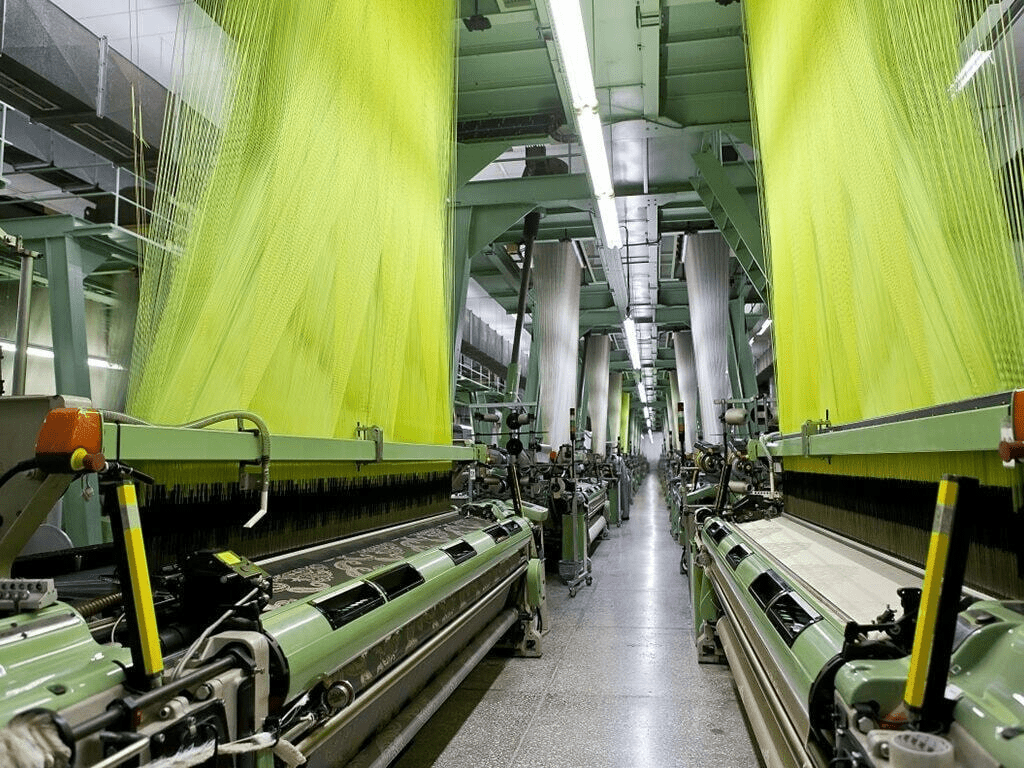The Ministry of Industries and Production arranged the newly constituted Industrial Advisory Council (IAC), which met for the first time on Thursday. The council was founded to assist Pakistan in achieving its export target of $100 billion.
From 2021 to 2022, Pakistan’s exports climbed by 24.94 percent to $39.42 billion. The CEOs of significant Pakistani industrial groups and the secretaries of commerce, finance, and industries comprise the Industrial Advisory Council, whose sole objective is to increase exports from Pakistan.
Dr. Gohar Ejaz, the federal minister of industries and production, presided over the meeting on Thursday. The ministry stated that the objective was to “bring together the collective expertise and insights of the industry leaders to address critical issues and propose actionable strategies for the enhancement of the country’s industrial sector.”
During the meeting, each business representative on the Industrial Advisory Council presented their areas of expertise and points of view. The presentations elucidated the problems confronting the industrial sector and provided astute, practical suggestions for its amelioration.
“This assembly represented a cooperative endeavour to leverage the enormous potential of Pakistan’s industrial terrain, and it corresponds with the national goal of accomplishing $100 billion in exports,” said the ministry.
“The Ministry believes that this meeting’s results will open doors for creative solutions, suggested policies, and cooperative projects that will greatly advance the expansion and sustainability of the industrial sector.”
The World Bank claims that unless exports and private investments both rise, Pakistan’s economy will not be able to expand at the current rate. The primary barriers to exporting at the time were high effective import tariff rates, a dearth of long-term financial choices for companies wishing to boost their export capacity, a lack of market intelligence services for exporters, and the low productivity of Pakistani companies.
Read More
Over time, the nation’s declining exports as a percentage of GDP have an impact on foreign exchange profits, productivity growth, and employment. A World Bank report from the previous year indicated that Pakistan needs to deal with these basic problems if it wants to continue growing steadily and compete in the global economy.
In order to encourage exports, the report recommended gradually reducing effective rates of protection through a long-term tariff rationalisation strategy and reallocating export financing away from working capital and towards capacity creation through the Long-Term Funding Facility.
It also suggested, in addition to these, combining market intelligence services to help recently founded exporters, evaluate the effectiveness of continuing interventions, and create and carry out a long-term strategy to boost business productivity in a way that encourages competition, innovation, and the optimisation of export potential.
Share this content:

